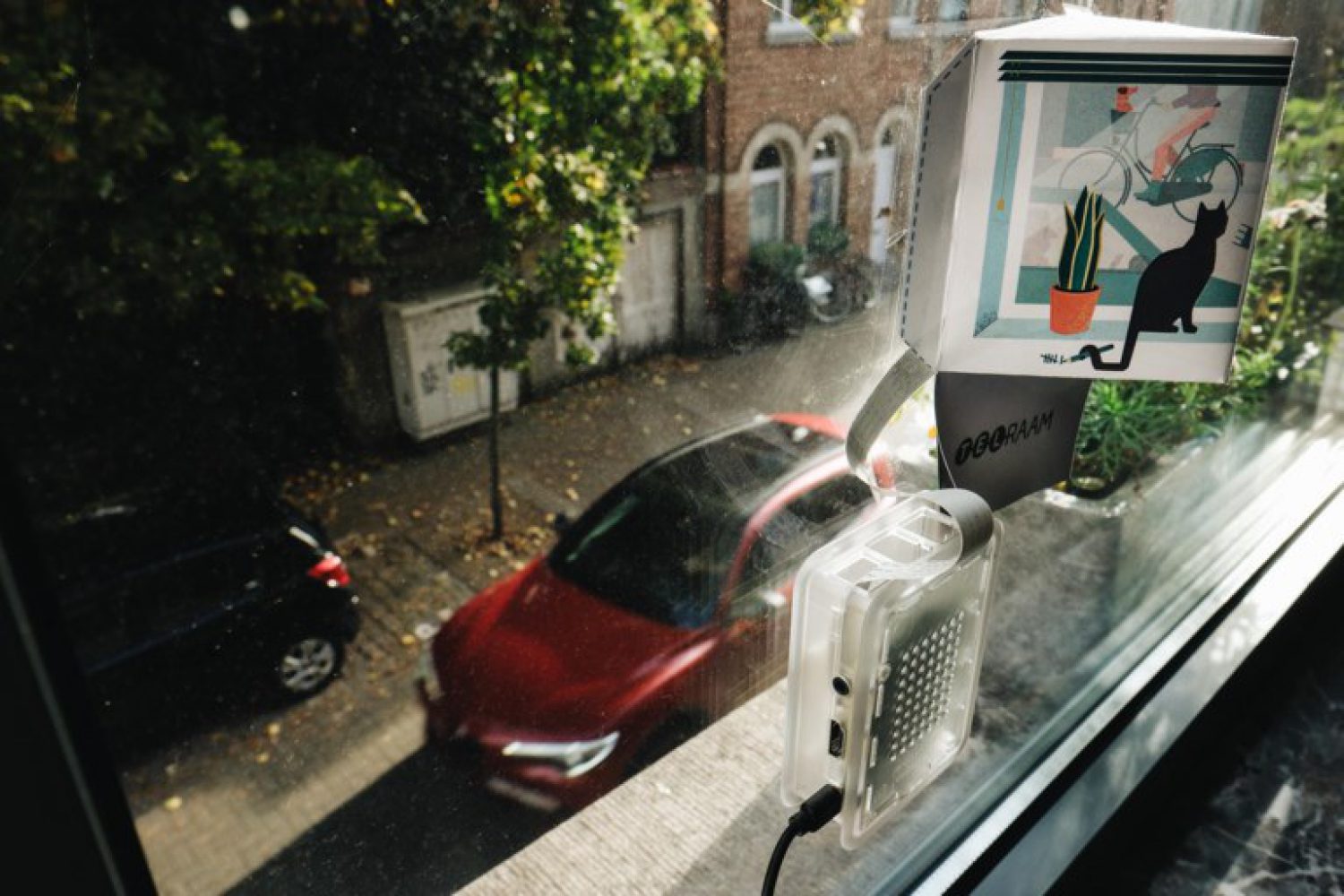
About WeCount

Following this approach, we will be able to quantify local road transport (cars, large vehicles, active travel modes and speed), produce scientific knowledge in the field of mobility and environmental pollution, and co-design informed solutions to tackle a variety of road transport challenges. Moreover, the project will provide cost-effective data for local authorities, at a far greater temporal and spatial scale than what would be possible in classic traffic counting campaigns, thereby opening up new opportunities for transportation policy making and research.
In WeCount, we empower citizens to develop evidence-led interventions into the political discourse on civic and environmental issues. By putting citizens at the heart of the innovation process, the project seeks to overcome existing technological and societal silos so that citizens can champion a new perspective on road transport that take into account their own concerns in pursuit of better quality of life and more equitable, healthy futures.
Ambition
WeCount aims to change the way transport scientists and policy researchers collect traffic counting and traffic impact data with the integration of citizens into transport monitoring and translate these into practical policy messages.
WeCount aims to go beyond the state-of-the-art on the following aspects of citizen science:
-
Achieve a true breakthrough by making citizen-collected traffic data and subsequent impact data, of different types (speed, traffic volume, modal split, air quality), relevant and “unignorable” for local policymakers. There are currently a variety of citizen activities related to local traffic concerns; however, these fail to make a true impact as the data collection effort lacks the structure, accuracy and/or scope to make results relevant for scientists and researchers. By using a platform and approach that is built by traffic engineers, WeCount aims to change that by offering tools (“recipes and ingredients”) that allow citizens to collect traffic data in a systematic way so they are actually usable at low cost for the transport scientist and policy research community.
-
WeCount aims to drastically reduce the cost of collecting traffic counting data (factor 3 to 5), by involving citizens in the data collection process, leading to traffic counting data for road segments where currently this data is typically unavailable.
-
WeCount aims to provide evidence at an unprecedented level of spatial detail of the link between traffic and air pollution.
-
Building on citizen science guidelines and knowledge, WeCount’s ambition is to build a durable and scalable citizen science “ecosystem” that will lead organically to new activities beyond the 5 use cases in the project, using the approach, technology and platform of WeCount. We aim for a WeCount process that is generalized to such an extent that setting up new local citizen science communities beyond the 5initial use cases is easy and possible without the additional support of the initiators of WeCount (i.e. the project team).
-
As it should be in 2019, we are making a major effort to involve disadvantaged groups in the various pilots. Cultural, linguistic and knowledge differences should not be a barrier to start actions to improve the quality of life and air quality.
WeCount wants to create talented citizen scientists, nurture local champions and empower citizen activism.
The principal innovations in WeCount will be of social and policy, as well as scientific and technical nature. These include:
-
New policy lessons. The application of an alternative transport observation framework which embed citizens into the decision-making process through the integration of advanced engagement, quantification and policy information and processes.
-
New technical tools. The advancement of existing tools and models, and development of a citizen designed toolkit to explore complex city transport system dynamics while adding information on how citizen behaviour impacts other intractable environmental and social challenges. The ambition here is, through co-design, to give the citizens access to technology which is currently out of reach for most people.
-
New social engagement methods. The creation of advanced engagement pathways for citizens and their application, tested in practice, to contribute to positive and collective societal visions of health transport futures and advance the knowledge on citizen science methods.
-
New academic insights. The application of traffic data of fine spatial granularity collected through count into the realm of transport monitoring, improving impact assessment of transport policy.
-
New co-produced scientific knowledge: A new set of data on traffic counting co-produced by citizens, as well as contextualized citizens’ insights, concerns and policies recommendations related to mobility. These can contribute to advance the research in different fields.